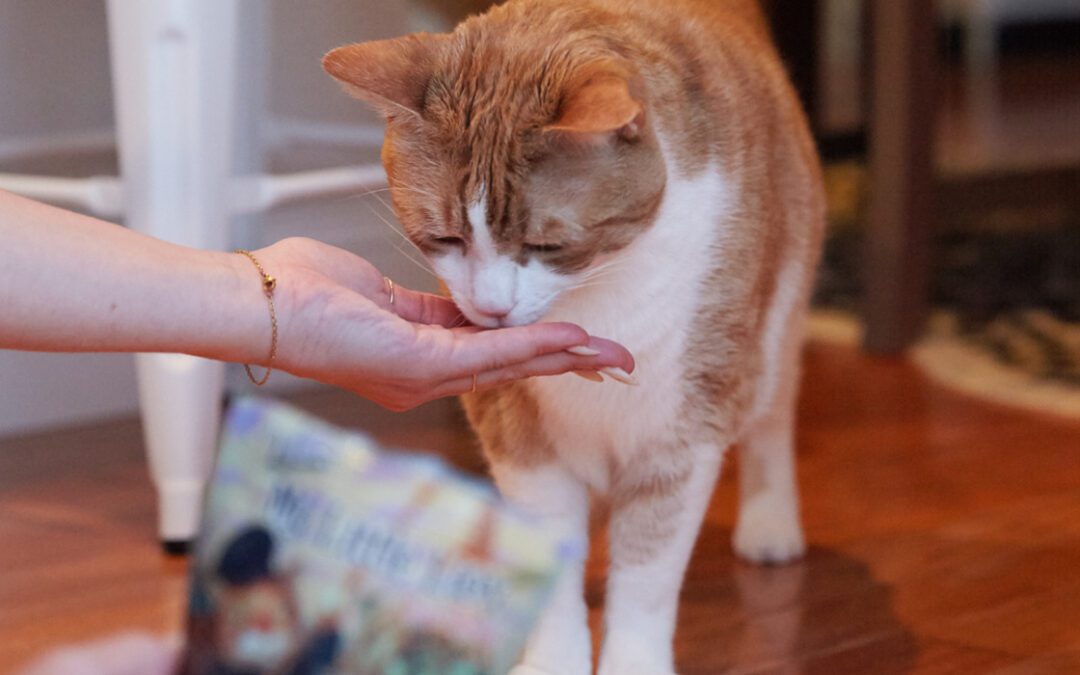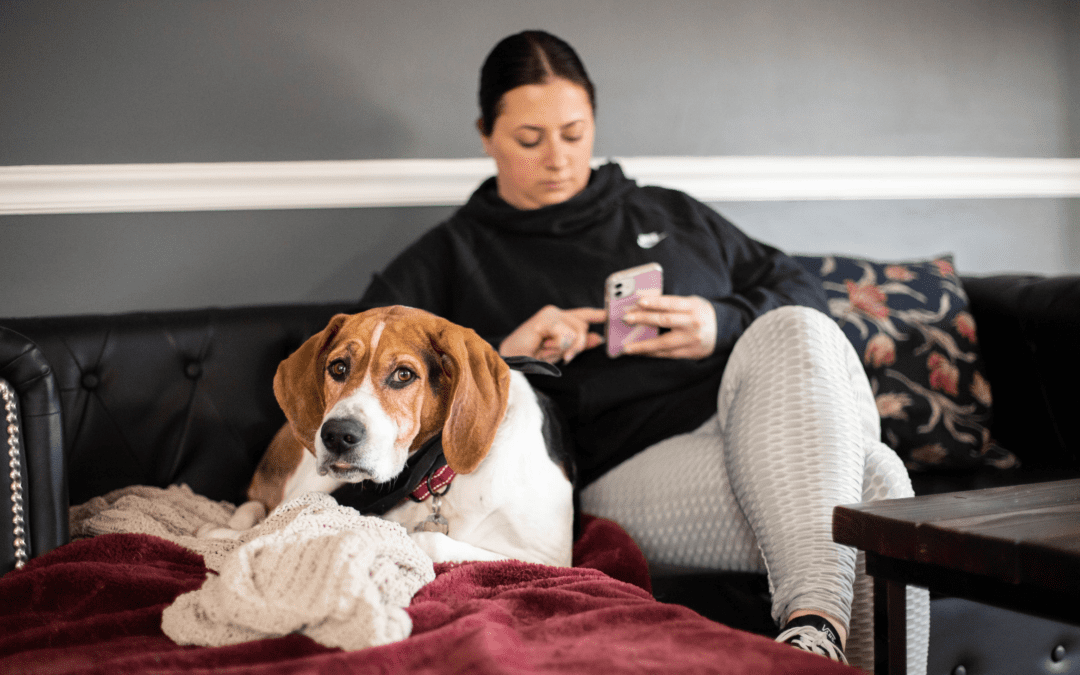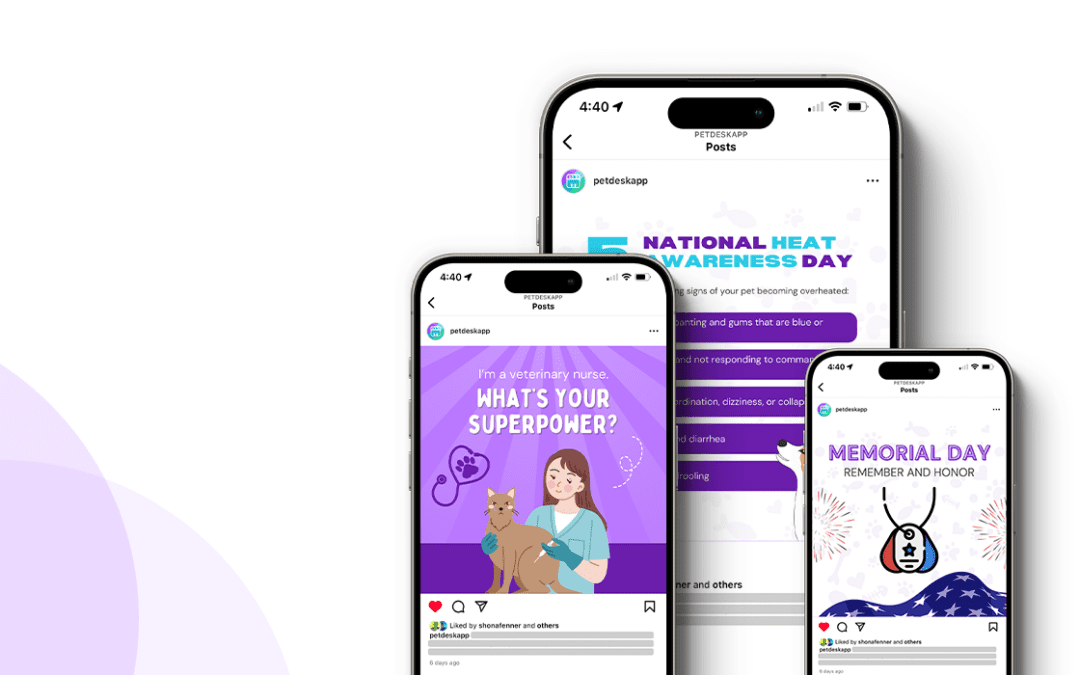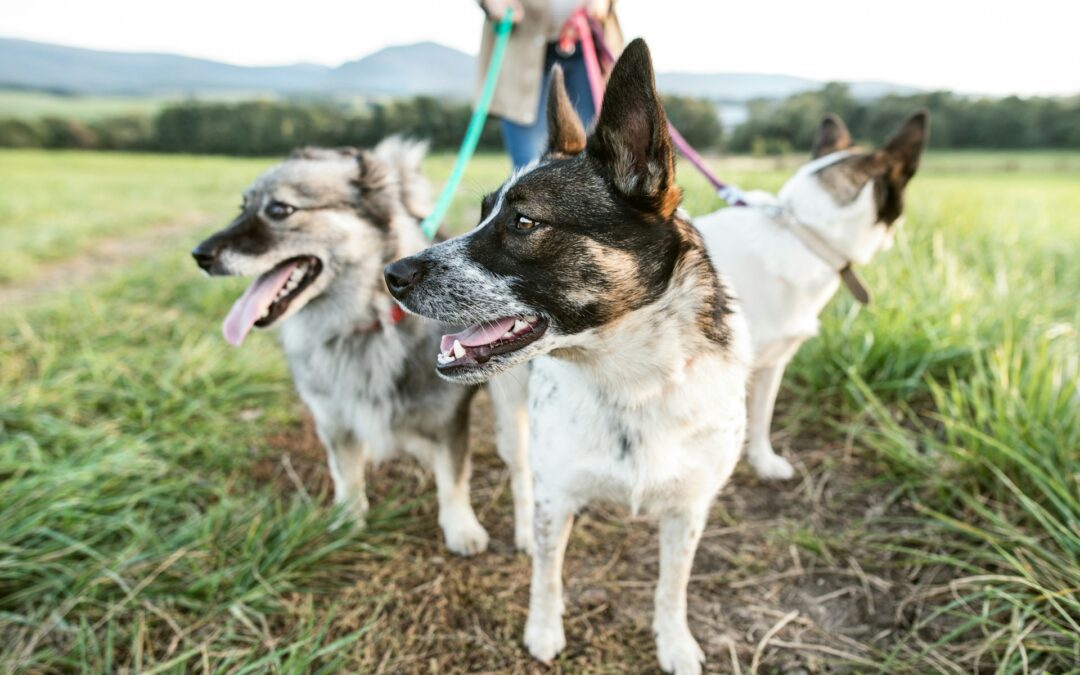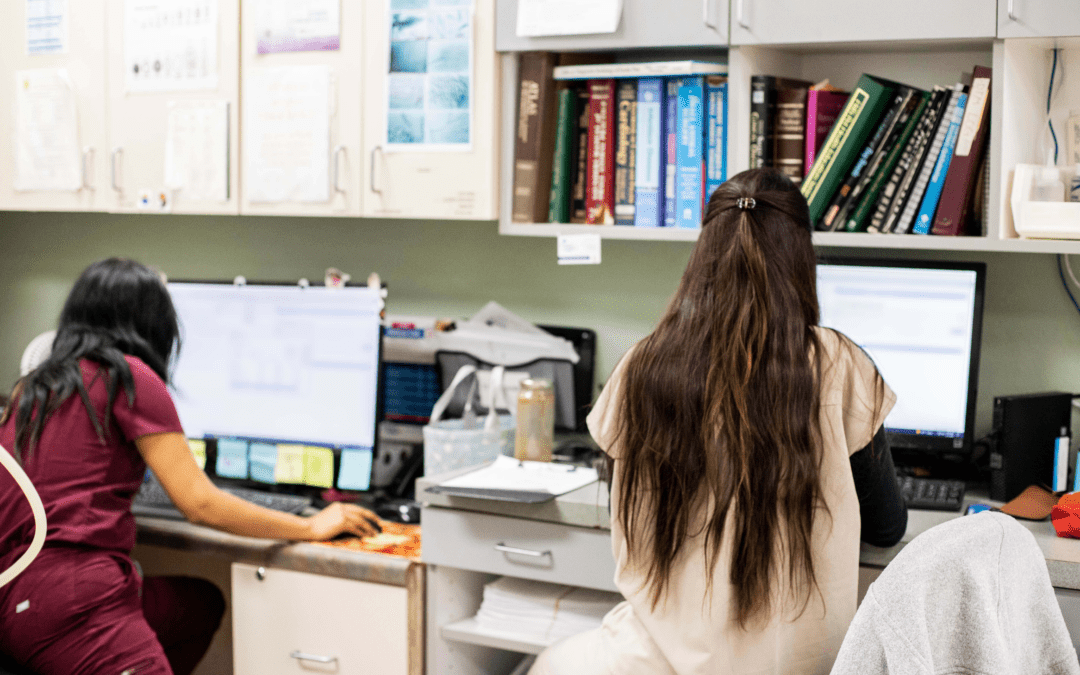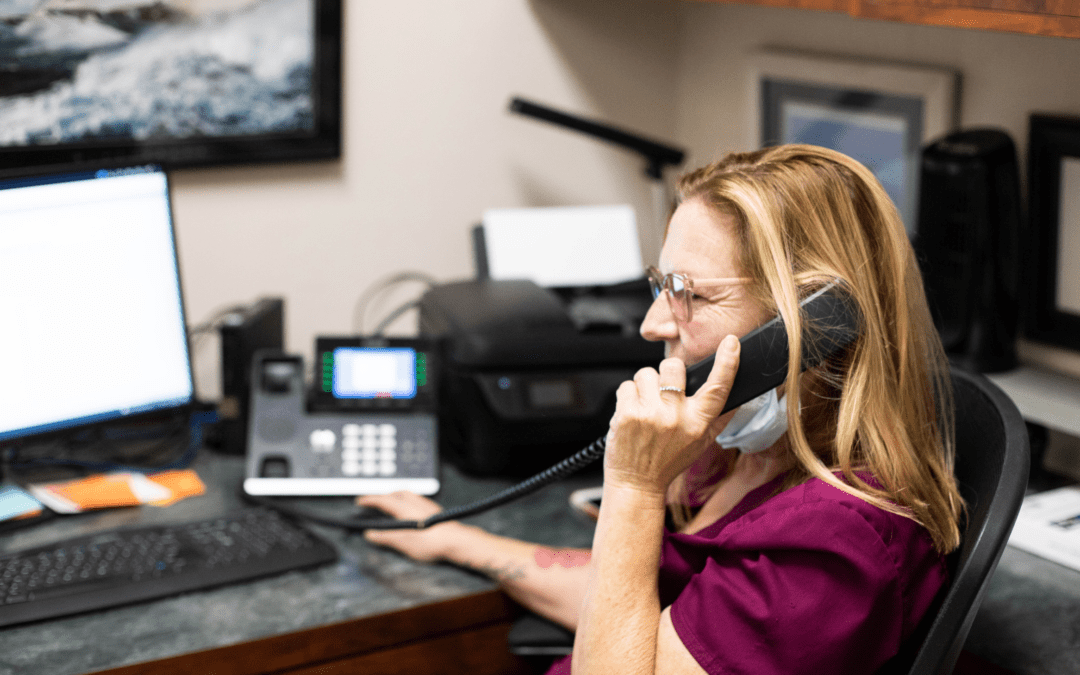While it’s best to avoid feeding your pets anything off of the Thanksgiving table, learn which holiday foods are safer than others.
Can Pets Eat Turkey Meat?
If you feel compelled to feed your pet turkey meat, only offer them unseasoned sections of the cooked meat, never raw. Both white and brown meat are okay to feed to your cat or dog, but make sure it is completely boneless. To be safe, only feed them a small, bite-sized amount.
Why Turkey Skin and Bones Are Dangerous
Turkey bones, poultry bones, and bones in general are extremely dangerous for cats and dogs. They can splinter in your pet’s digestive tract, lodge in their esophagus or stomach, and perforate the stomach or intestinal lining, causing severe pain and life-threatening health issues. Turkey skin, too, is particularly fatty and absorbs salt, spices, butter, and grease, all of which cause digestive upset, vomiting, diarrhea, and even acute pancreatitis.
Can Pets Eat Potatoes?
Potatoes are a delicious treat for dogs and a common ingredient in pet food. They are high in fiber, vitamins, and minerals. Sweet potatoes are also commonly touted as a superfood for dogs. They bulk up stool and offer healthy disease-fighting ingredients like vitamin B6, beta-carotene, and vitamin C.
What Types of Potatoes Are Actually Safe?
Beware—not all potatoes are cooked equally. Mashed, scalloped, and roasted potatoes are all prepared differently and contain different ingredients. If you do offer potatoes to your pet, only feed them bland, unseasoned bites. Avoid feeding anything drenched in heavy cream, butter, salt, or gravy, all of which will wreak havoc on your pet’s digestive tract.
If you plan to load up your potatoes with all the fixings, reserve a small bowl for your pet that is free of these fatty ingredients. Never feed food containing garlic, leeks, chives, onions, or anything from the Allium family, which can destroy your dog’s red blood cells and cause poor oxygenation to the tissues and organs. In addition, always temperature-test cooked food when offering it to your pet to prevent thermal burns to the mouth or esophagus.
Can Pets Eat Stuffing?
Thanksgiving stuffing is rich in flavor and contains many ingredients that are bad for your pet, like those from the aforementioned Allium family (i.e., onions, scallions, chives, leeks, and garlic).
Nuts are also a big danger for pets. Macadamia nuts, specifically, are toxic to cats and dogs and cause macadamia nut toxicosis. In cats, macadamia nut ingestion can cause lethargy, vomiting, and tremors; dogs experience similar symptoms, including diarrhea and hind-limb weakness. Even peanuts, which are dog-safe, are high in fat and can cause digestive upset if overfed, so exercise caution.
Can Pets Eat Pumpkin?
Unseasoned pumpkin puree is a common remedy for dogs with an upset stomach, so it is a perfectly safe snack to offer. Not only is pumpkin rich in fiber and helps improve digestive health, it’s also great for your dog’s skin and coat. It contains numerous vitamins and minerals, including calcium, potassium, and magnesium. When shopping for pumpkin, read the labels carefully and only feed unseasoned, plain pumpkin puree to your dog—not pumpkin pie filling. The cans look similar.
Can Pets Eat Sweet Food?
Sweet holiday treats such as fudge, cakes, candy, pies, beverages, and anything with spices and sugars should be avoided to avoid upsetting your cat or dog’s tummy no matter how much they beg! Some pie filling contains xylitol, a toxic and potentially deadly ingredient for dogs which causes a rapid drop in blood-sugar levels. In addition, raw dough (like the type used for pie crust) can make your pet very sick. Once ingested, raw dough ferments in the digestive tract and produces ethanol and carbon dioxide (gas), and can cause alcohol poisoning or life-threatening bloat.
You should now have a solid grasp of which Thanksgiving foods pets can enjoy and which foods are considered harmful or dangerous. It’s always best to refrain from feeding your pet any human food, but sometimes it’s hard to resist.
Have a safe and happy holiday with your beloved furry friends.

